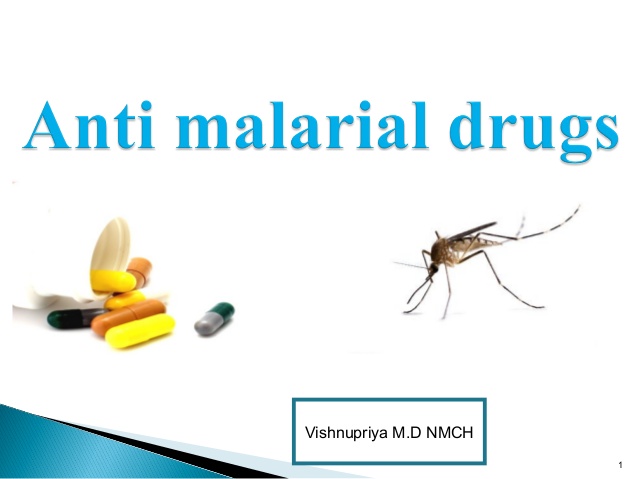Lassa Fever Cases Rise To 829, 160 Deaths
The number of Lassa fever infections since the beginning of the year is 829, with 160 deaths, according to the Nigeria Centre for Disease Control.
The latest situation report released for week 26 by the NCDC also showed that there are 5,510 suspected cases of the infection across 98 Local Government Areas in 24 states.
Lassa fever is a viral haemorrhagic fever and an acute viral illness and the zoonotic disease has a high morbidity and mortality rate and economic and health security implications.
Following the outbreak of the viral infection this year, the National Emergency Operations Centre response mode Level 2 was activated for effective multi-sectoral, and multi-disciplinary coordination.
The report showed that of all confirmed cases, 68% are from Ondo, Edo, and Bauchi States.
“In week 26, the number of new confirmed cases decreased from 10 in week 25, 2022, to 9 cases. These were reported from Ondo, Edo, and Benue States.
“Cumulatively from week 1 to week 26, 2022, 160 deaths have been reported with a case fatality rate (CFR) of 19.3% which is lower than the CFR for the same period in 2021 (20.0%).
“In total for 2022, 24 states have recorded at least one confirmed case across 98 Local Government Areas.
“The predominant age group affected is 21-30 years (Range: 1 to 90 years, Median Age: 30 years). The male-to-female ratio for confirmed cases is 1:0.8.
“The number of suspected cases has increased compared to that reported for the same period in 2021.
“No new healthcare worker affected in the reporting week 26.
“National Lassa fever multi-partner, multi-sectoral Technical Working Group continues to coordinate the response activities at all levels,” the NCDC noted.
Meanwhile, medical experts urge the government to prevent the disease and break the chain of transmission.
A former chairman of the Association of General and Private Medical Practitioners of Nigeria, Lagos Chapter, said “The government needs to break the chain of transmission, they know how to do it and ensure that they enforce the law. They need to create awareness on hygiene, hand-washing, and necessary protocols.





